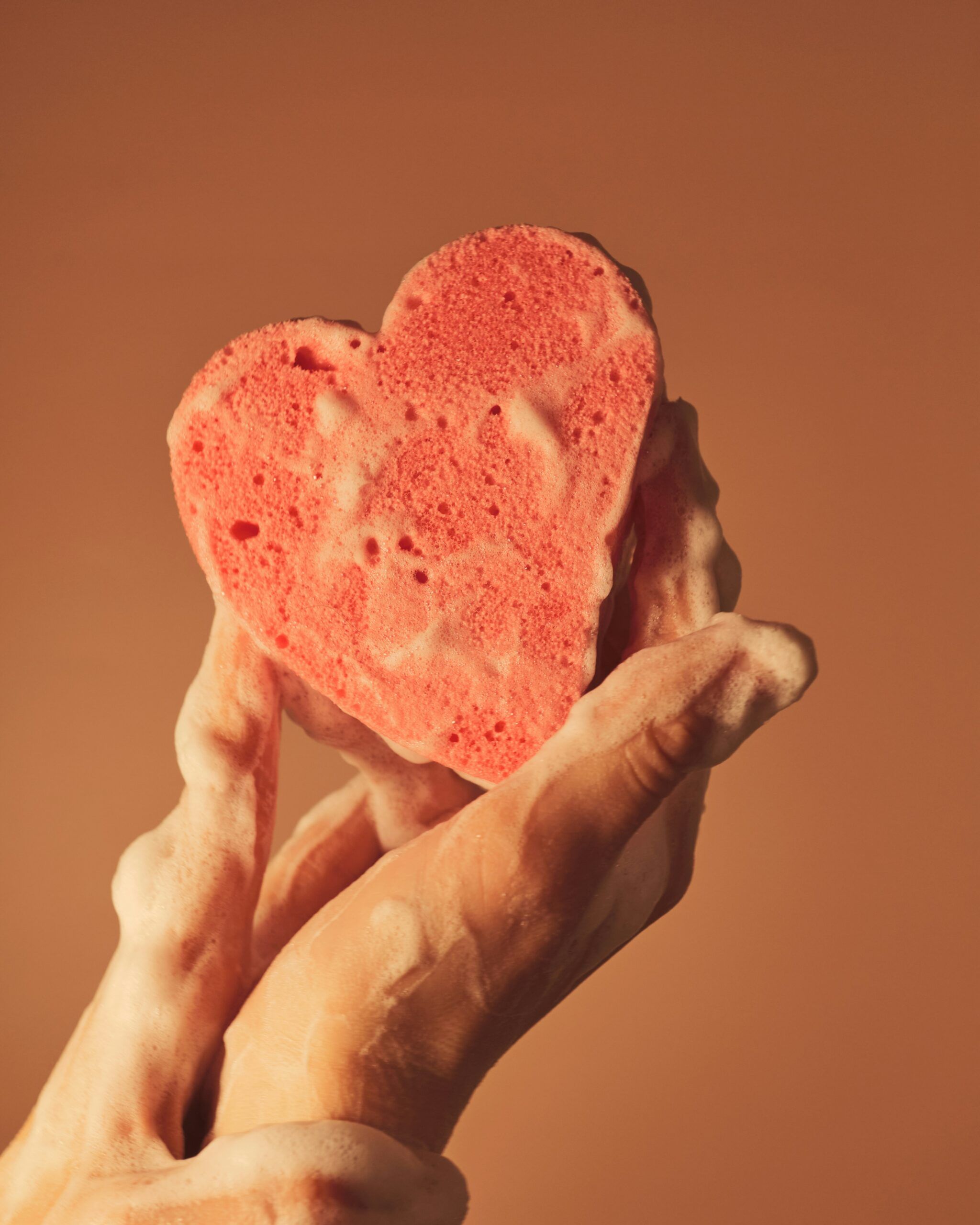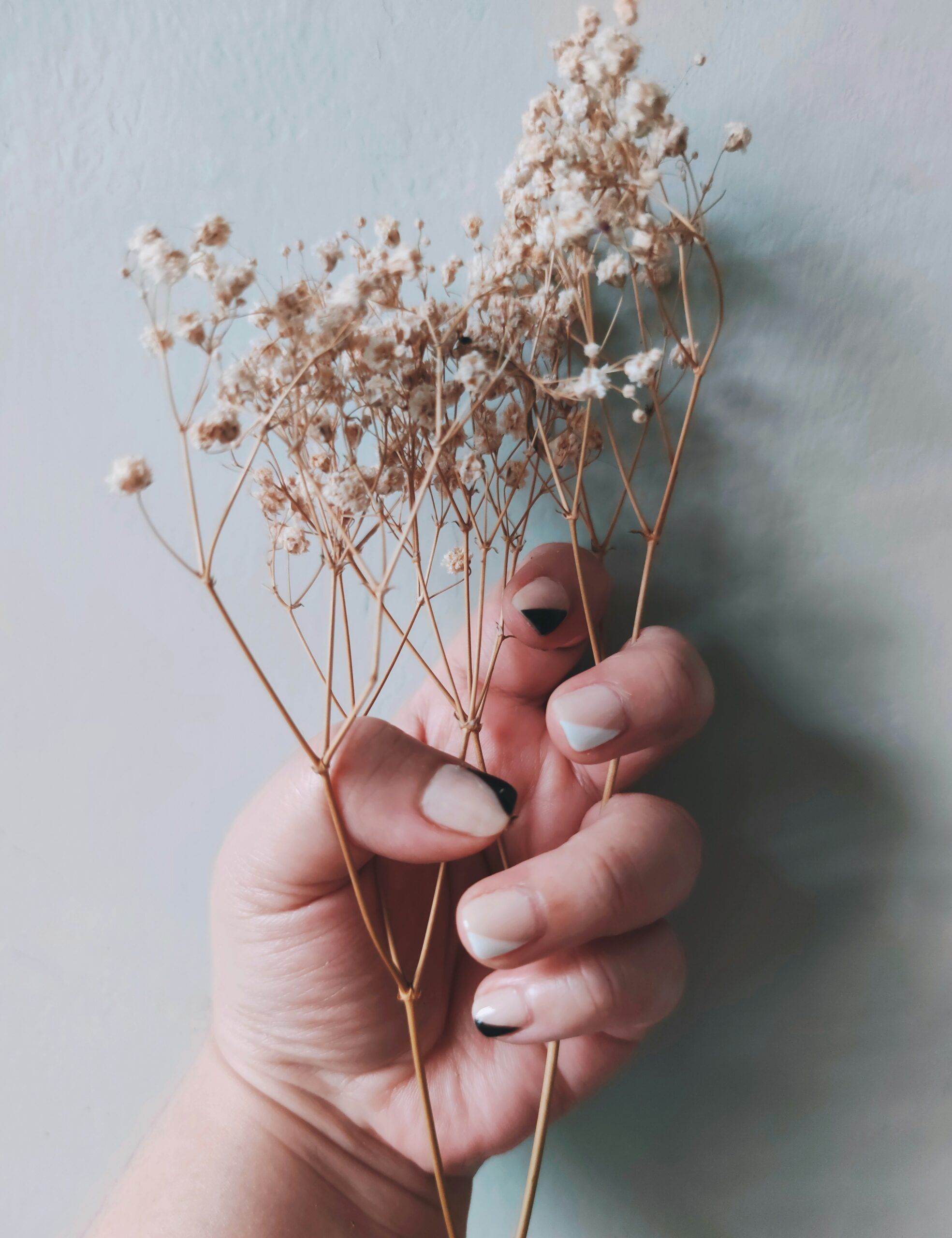We’re nearing the end of our Blogchatter A2Z journey, and I have to admit—each letter has felt like a soft unfolding. Today, we’re at V, and this one is so close to my heart: Validation.
It sounds like such a small word, doesn’t it?
But if you’ve ever been misunderstood, dismissed, or told that you were “too sensitive” or “overreacting,” you know how powerful it is to feel truly seen and heard.

What is validation, really?
In the simplest words, validation means acknowledging someone’s feelings, thoughts, or experience without trying to change, fix, or challenge it. It doesn’t mean agreeing. It doesn’t mean justifying. It simply means:
“I hear you. I believe you. Your experience is real.”
As a psychologist, I’ve seen time and time again how healing begins not with solutions, but with understanding. People don’t always come to us wanting advice—they come wanting space to feel what they’re feeling without being told it’s too much.
Think about how often we respond with:
- “But look on the bright side.”
- “Others have it worse.”
- “Don’t think like that.”
These are well-meaning responses, yes—but they shut people down.
What if instead, we said:
- “That sounds really hard. I’m here.”
- “I can’t imagine how much that hurt, but I’m listening.”
- “Your feelings make sense.”
Validation is not just about words—it’s about presence. It’s the warm silence of sitting with someone who’s crying. It’s the gentle nod when someone shares something painful. It’s the absence of judgment when someone says they’re struggling, again.

Why do we crave validation so deeply?
Because we are wired for connection.
Because we want to feel understood.
Because as children, many of us were taught to suppress big emotions.
Validation is what helps people trust themselves again. It helps someone feel like they’re not “crazy” or “weak” for reacting the way they are. And in a world where so many people are gaslit—by family, by society, by past trauma—validation becomes an act of emotional justice.
And what about self-validation?
Ah, this one’s hard. Especially if you’ve grown up being invalidated, it’s tough to learn how to validate yourself. But it’s possible. And it’s transformative.
Self-validation sounds like:
- “I’m allowed to feel this way.”
- “It’s okay that this is affecting me.”
- “I don’t have to justify my emotions to anyone.”
It’s looking at your reflection after a meltdown and saying, “I’m not proud of how I reacted, but I know why I did. I was overwhelmed. I’m learning.”
It’s reminding yourself that you don’t need to earn rest, softness, or support.
Self-validation doesn’t mean you stop growing—it means you grow with kindness, not criticism.

A small but mighty act
Validation is such a quiet thing. It doesn’t scream, it doesn’t fix, it doesn’t demand. But it opens the door to connection. It helps someone feel safe. It helps someone come back to themselves.
And in the mental health space—whether with people we support, or ourselves—it is one of the most powerful tools we can offer.
As we step into the final stretch…
Thank you for walking with me on this A2Z journey. Just a few letters left now, and each one feels like a deeper breath, a softer pause, a closer look at how we can care for ourselves and others.
Tomorrow we arrive at W—and I promise, it’s going to be just as heartfelt.
Until then, may you feel seen, heard, and validated. You matter. Your experiences matter. And your voice deserves space.



Thank you for this post! As you said, self-validation is indeed hard. If we can be there for someone without offering unwanted advice, it can make a lot of difference (to them and us).